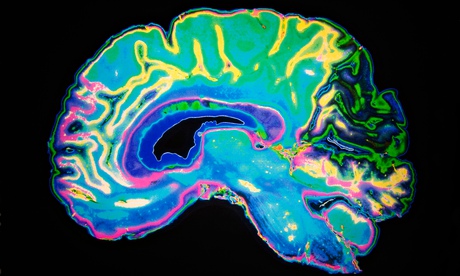More than three million people in the UK are living with diabetes and there is mounting evidence that the illness is linked to memory and thinking problems in old age.
In a new analysis of health data from nearly 16,000 people in the USA, who have been followed up since the 1980s, researchers saw direct links between the condition and cognitive decline.
They found that, on average, a 60-year-old with diabetes experienced a decline in their brain function that was on par with a 65-year-old without diabetes.
Read more....


